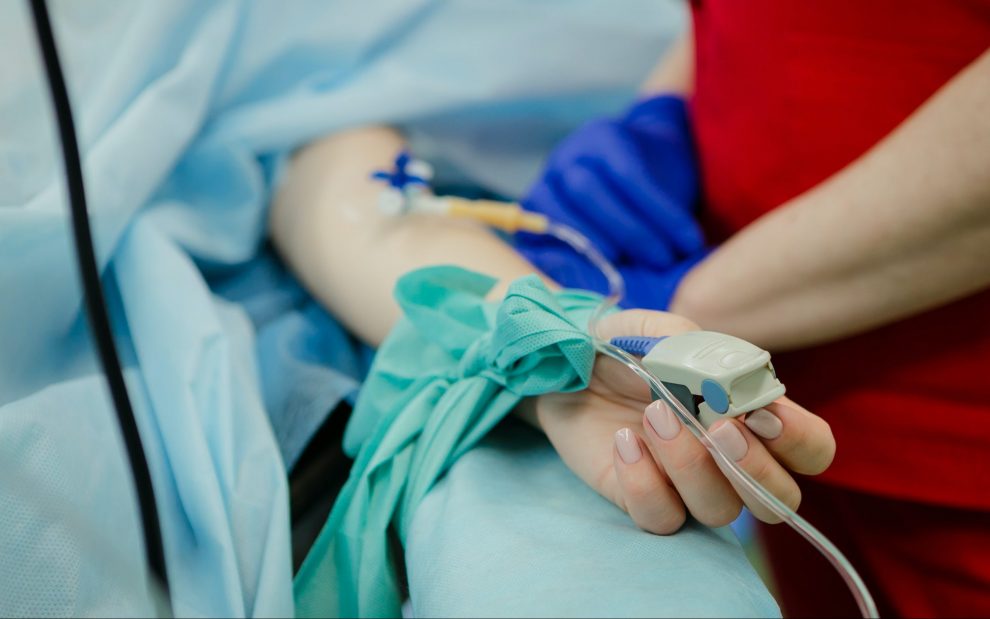It’s a common scene in any hospital. A person is rushed in with a life-threatening condition. Family members wait in the emergency room. Two doctors approach, tell the family that things don’t look good, and then explain options ranging from very aggressive treatment to comfort care. They ask which course they should pursue.
It would seem that advances in medical technology should make our choices easier, but-at least when it comes to end-of-life care-the opposite seems to be the case. More and more families are asking whether the fact that life-prolonging technology is available means that they must use it. Can one refuse such treatment and still be a good Catholic?
The bishops of the United States have answered this question in a document called Ethical and Religious Directives for Catholic Health Care Services, last revised in 2001: “The use of life-sustaining technology is judged in light of the Christian meaning of life, suffering, and death. Only in this way are two extremes avoided: on the one hand, an insistence on useless or burdensome technology . . . [and] the withdrawal of technology with the intention of causing death.”
The Catholic tradition understands that life is a value that must be protected, but biological life in itself is not an absolute. This tradition is best seen as a middle ground between euthanasia on the one extreme and what is often called “medical vitalism”-using medical technology that merely extends biological life precariously for a time-on the other.
The church’s traditional teaching carefully distinguishes between ordinary and extraordinary, or proportionate and disproportionate, care. It does not prescribe a hard-and-fast rule regarding specific medical procedures but urges prudent decisions regarding the benefits and burdens of a particular medical treatment for a particular patient.
In Ethical and Religious Directives, the U.S. bishops explain that “a person may forgo extraordinary or disproportionate means of preserving life. Disproportionate means are those that in the patient’s judgment do not offer a reasonable hope of benefit [a state of relative health or comfort] or entail an excessive burden or impose excessive expense on the family or the community.”
Even with these definitions in mind, it is clear that end-of-life decision-making within the Catholic tradition will never be exact. The middle ground is dynamic rather than static. Nevertheless, it helps to ask how medical treatments benefit or burden a dying patient. In raising this question the tradition does not deny the good of technology or claim that some lives are not worth preserving. Rather, it calls us to accept the fact that medical technology has limits. Accepting those limits can help Catholics make end-of-life decisions with some confidence.
Image: Unsplash/Olga Kononenko













Add comment